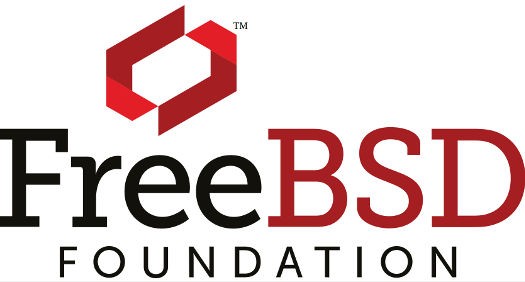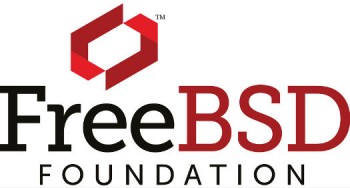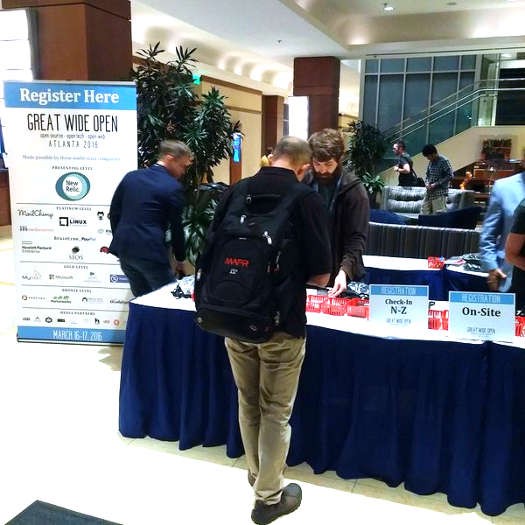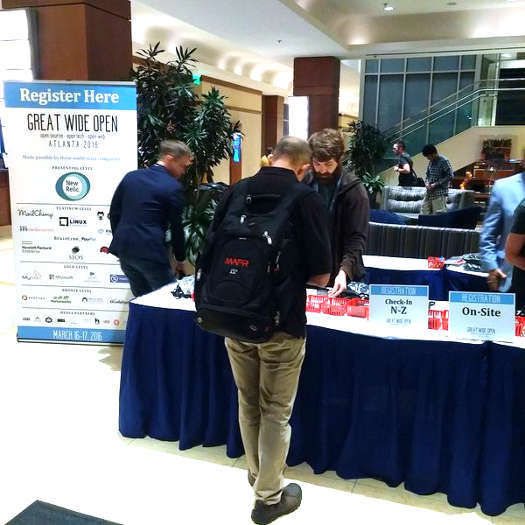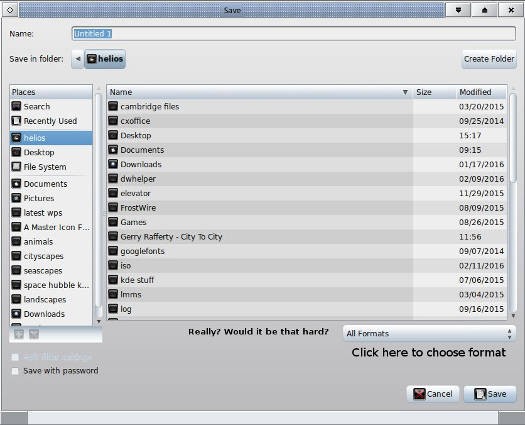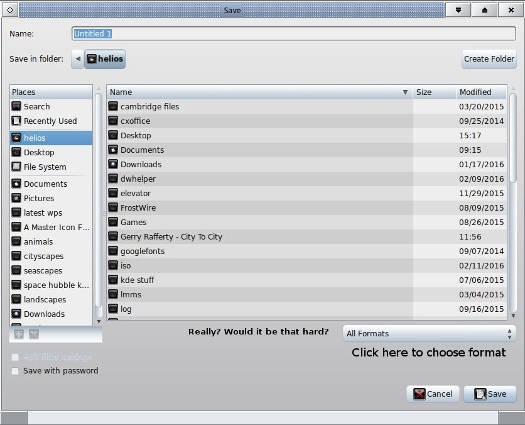The Heart of Linux
It seems, according to this, that the customer service offered by Reglue far exceeds that offered by any big box retail outlet — and the clients get preinstalled Linux to boot.
In 2005, I found myself at a career crossroad. A career-ending injury threw the biggest of monkey wrenches into the works for me. I owned my own business and business was good, but it was only good with a maximum of four employees, counting myself. I attempted to become a “gentleman” owner but I found that paying the extra man proved to be costly as well as difficult to administer. That injury led to me doing what I do now.
I give computers to kids who cannot afford one.
The decision I faced was life-changing either way I went. My inclination was to go back to school and get the certs I needed to work in the Linux administration field. I already had the base knowledge and experience; it was just a matter of jumping through the hoops to get a piece of paper saying I already knew what I was learning. Not that I wouldn’t learn a thing or two along the way.
Ken Starks is the founder of the Helios Project and Reglue, which for 20 years provided refurbished older computers running Linux to disadvantaged school kids, as well as providing digital help for senior citizens, in the Austin, Texas area. He was a columnist for FOSS Force from 2013-2016, and remains part of our family. Follow him on Twitter: @Reglue


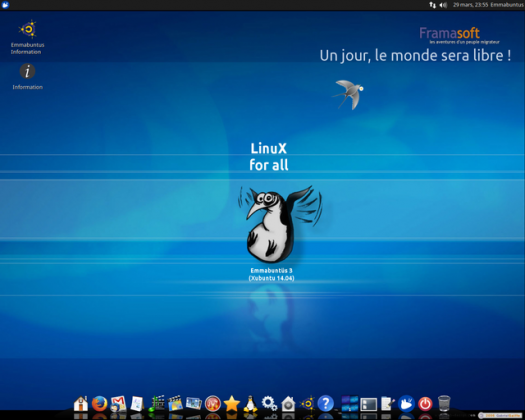
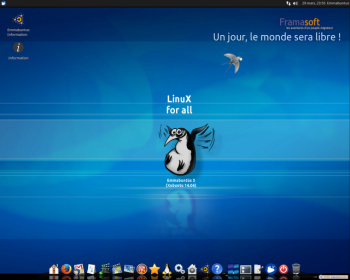 What sets Emmabuntüs apart from other GNU/Linux distributions is the fact that it’s a distro with a mission. The informal community responsible for the distribution initially came together sometime before 2012 with the purpose of creating a distribution to simplify the task of refurbishing used computers to be given to charity organizations, with the key recipient being Emmaus, a secular international organization founded in Paris in 1949 by Catholic priest and Capuchin friar Abbé Pierre to combat poverty and homelessness.
What sets Emmabuntüs apart from other GNU/Linux distributions is the fact that it’s a distro with a mission. The informal community responsible for the distribution initially came together sometime before 2012 with the purpose of creating a distribution to simplify the task of refurbishing used computers to be given to charity organizations, with the key recipient being Emmaus, a secular international organization founded in Paris in 1949 by Catholic priest and Capuchin friar Abbé Pierre to combat poverty and homelessness.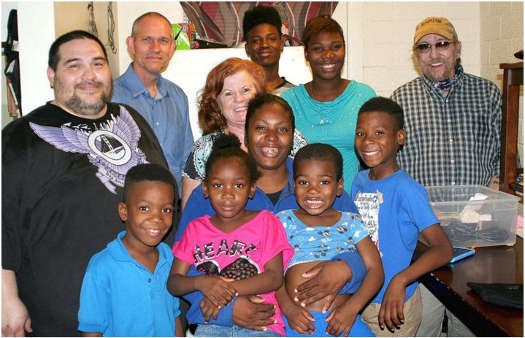
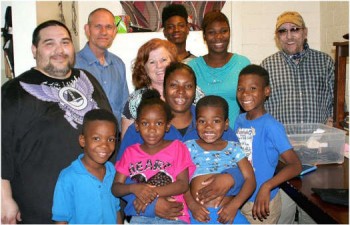


 In a March 14 post on the
In a March 14 post on the 
